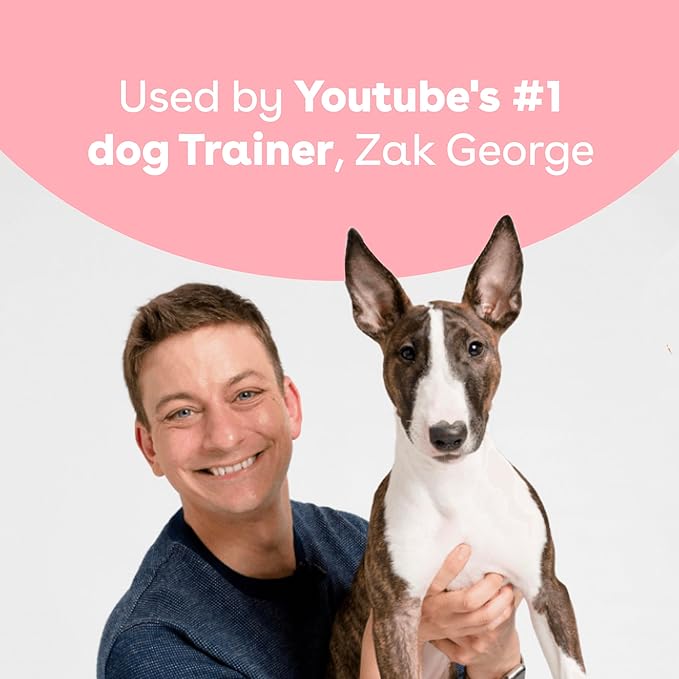
Dog Training: Starting with the Basics
Share
Dog Training: Starting with the Basics
Basic obedience training creates a well-behaved dog and strengthens your bond. Here's a step-by-step guide for beginners.
Training Principles
Positive Reinforcement: Reward desired behaviors with treats, praise, or play. Consistency: Use the same commands and rules. All family members must be on the same page. Timing: Reward within 2 seconds of correct behavior. Patience: Every dog learns at their own pace. Never use punishment.
Essential Commands
1. Sit
Hold treat above dog's nose, move it back over their head. As head goes up, bottom goes down. Say "sit" as they do it, then reward immediately. Practice 5-10 times, 2-3 sessions daily.
2. Stay
Start with "sit." Hold your hand up in "stop" gesture, say "stay," and take one step back. Wait 2 seconds, return, reward. Gradually increase distance and duration. Don't call them to you—return to them.
3. Come (Recall)
Most important for safety. In a fenced area, call excitedly: "[Name], come!" Reward generously when they arrive. Never call for punishment. Practice with long leash for safety.
4. Down
From sit position, hold treat on ground between their paws. Lure their nose down, and body follows. Say "down" as they do it. Some dogs find this challenging—be patient.
5. Leave It
Show treat in closed hand, say "leave it." Wait until they stop trying to get it, then reward from other hand. Progresses to dropping treats and teaching them to ignore items on ground.
Training Schedule
Sessions: 5-15 minutes, 2-3 times daily. Age to Start: 8 weeks old for puppies; any age for adults. Location: Start in distraction-free environment, gradually add distractions.
Common Mistakes to Avoid
❌ Repeating commands multiple times ❌ Using treats inconsistently ❌ Training when frustrated ❌ Expecting too much too soon ❌ Punishing mistakes
Troubleshooting
Not Food Motivated? Try toys, praise, or training before meals. Easily Distracted? Train in quieter environments first. Progress Plateau? Take a break, simplify, or try different rewards.
When to Seek Professional Help
Consider a professional trainer for aggression issues, severe anxiety, or if you're feeling overwhelmed. Group classes offer socialization benefits too.
Training is an investment in a lifetime of good behavior! 🎓🐕
